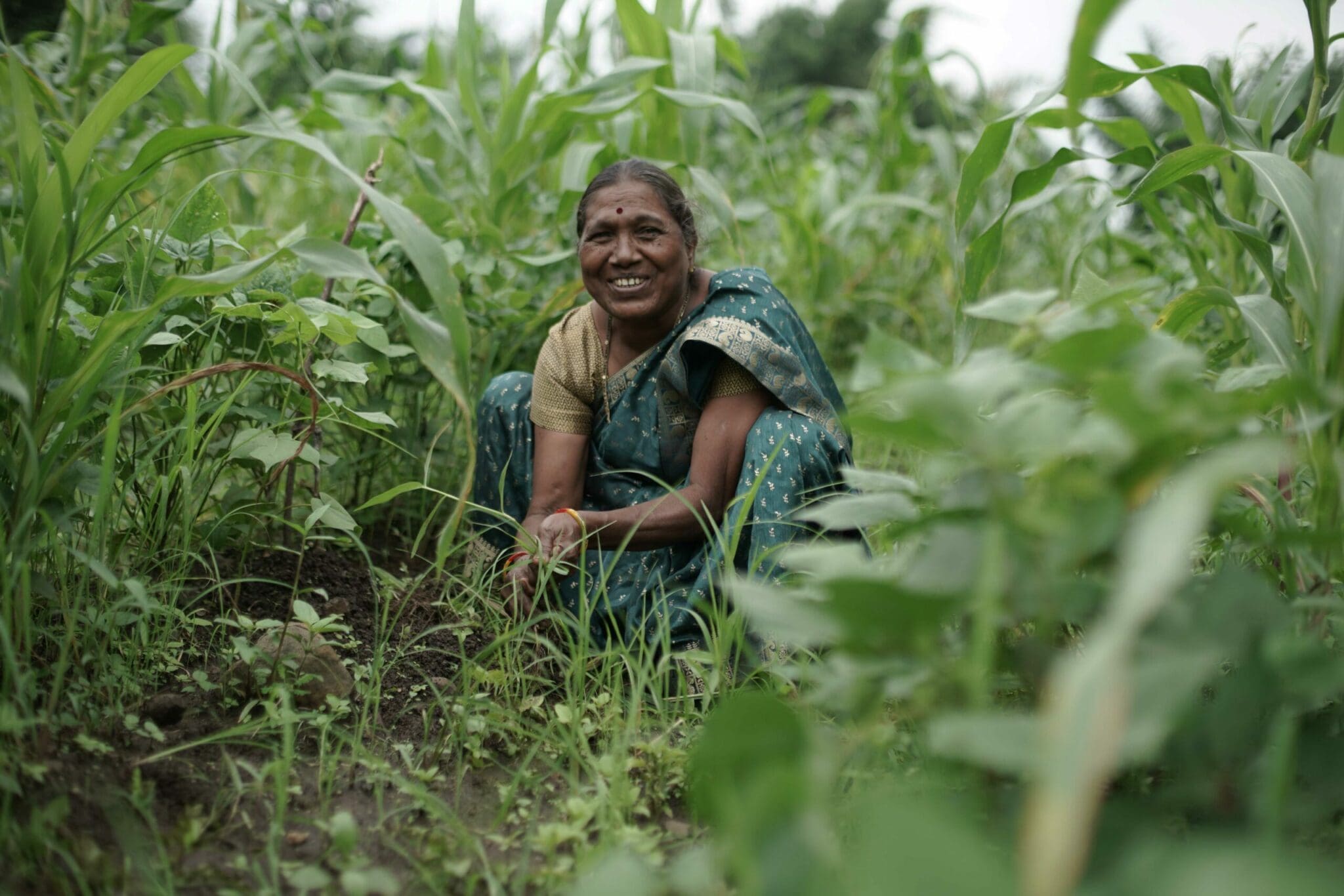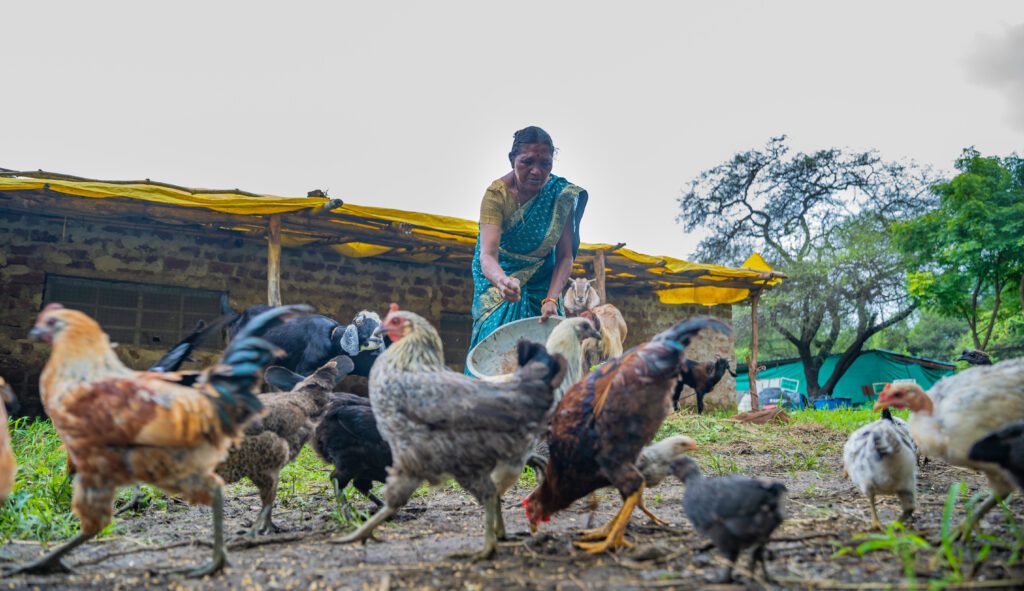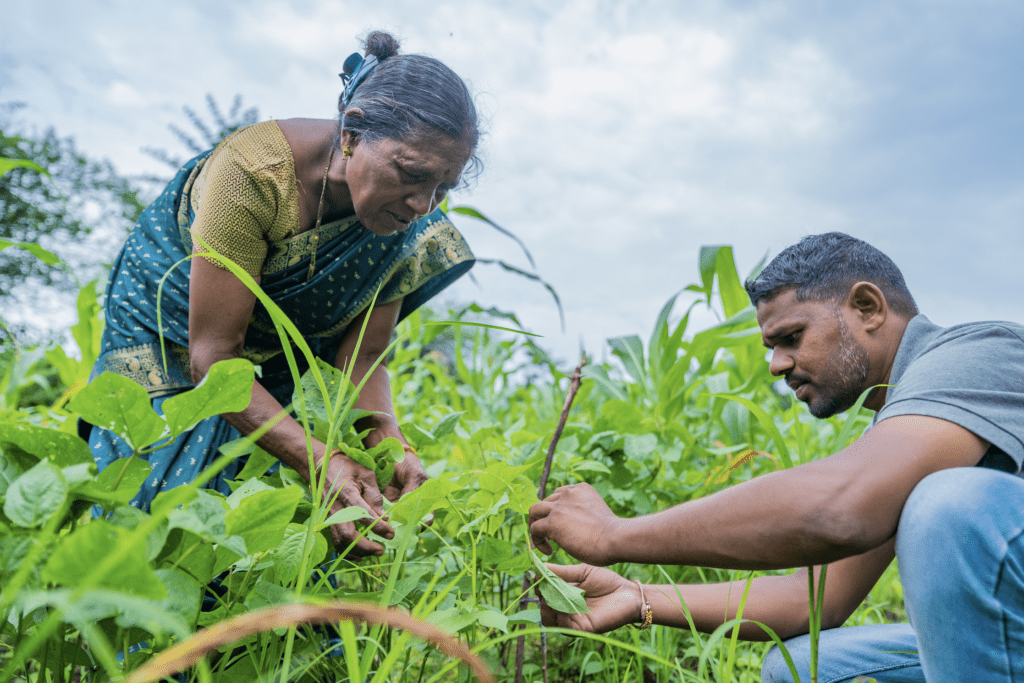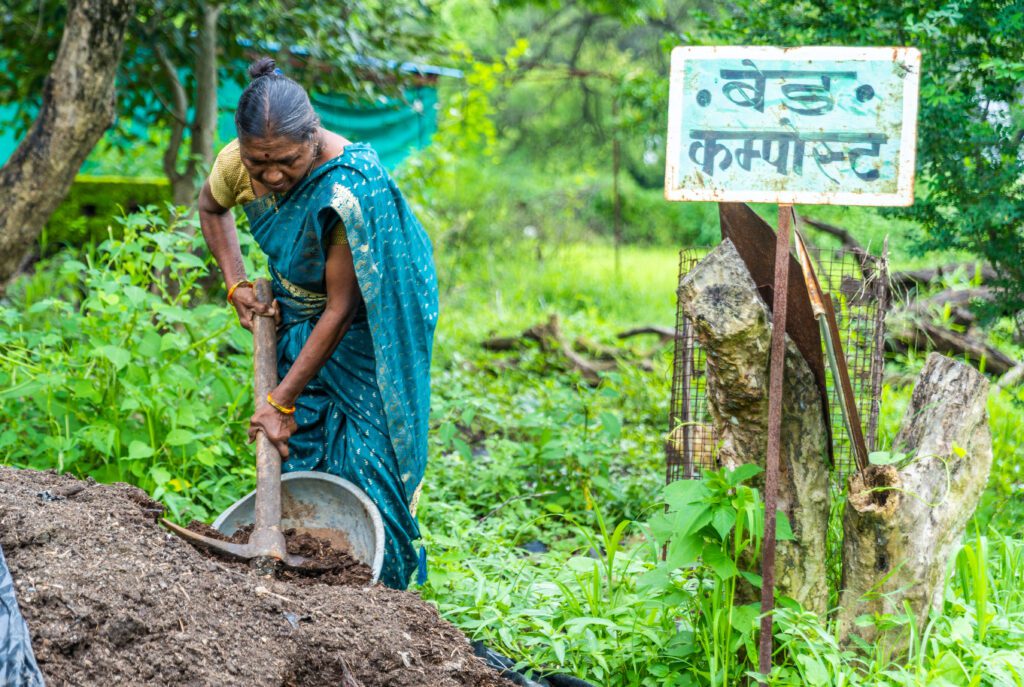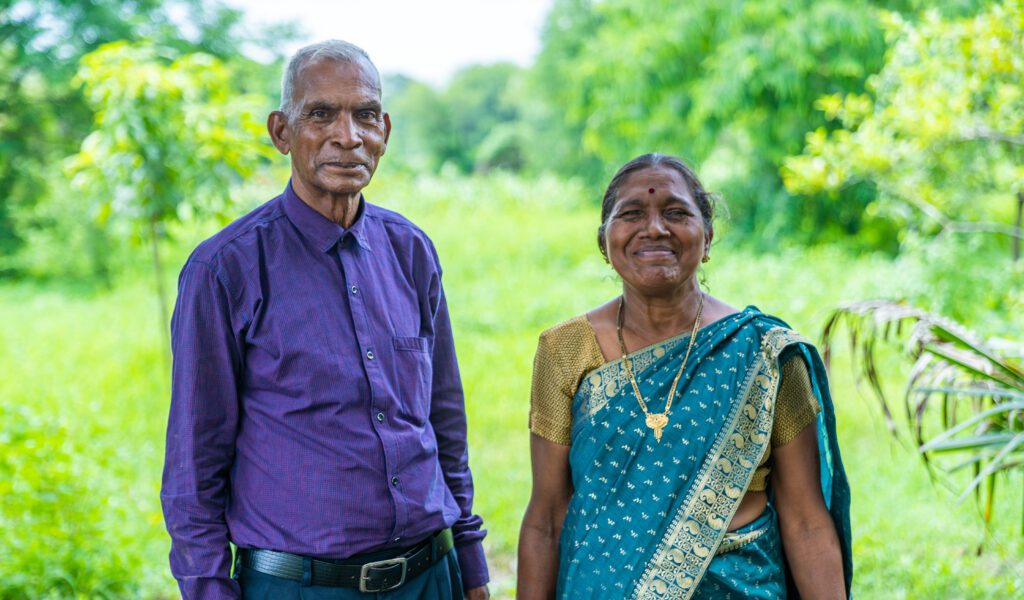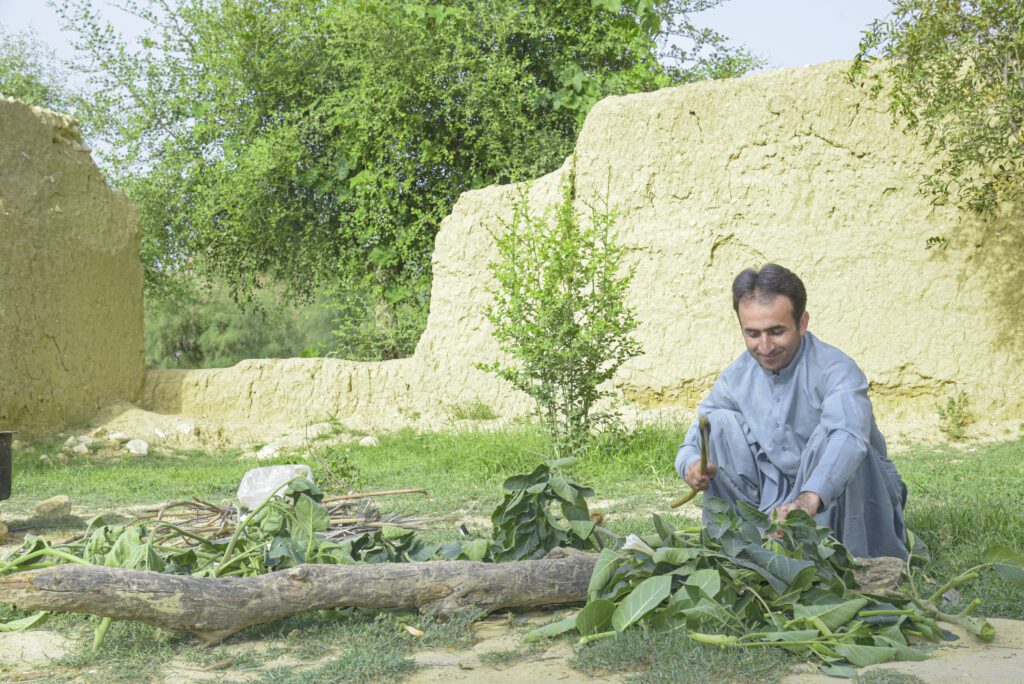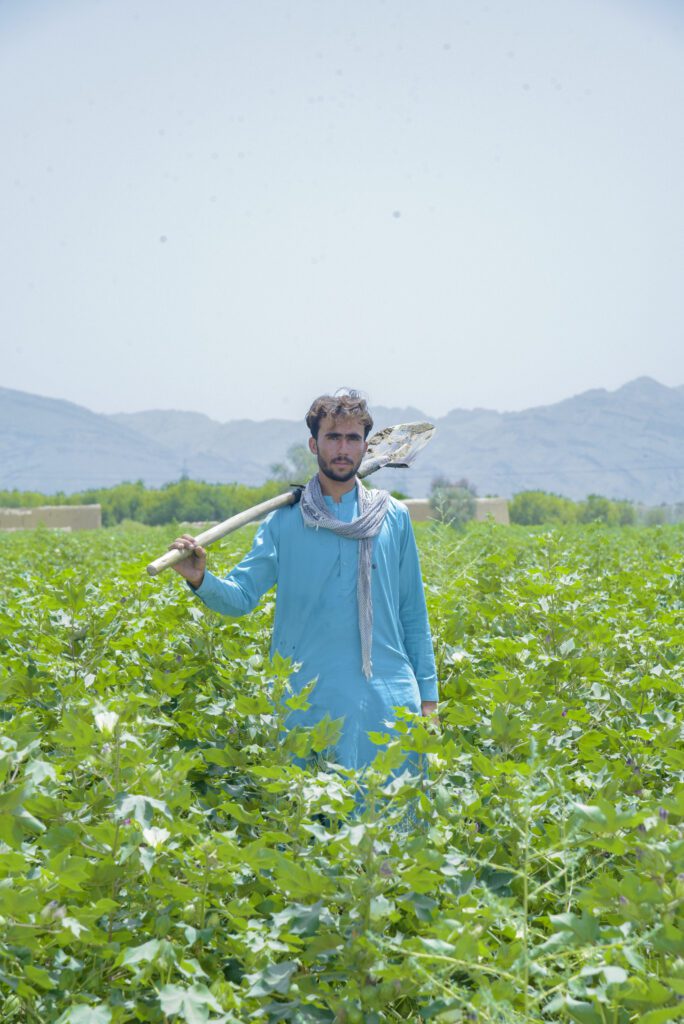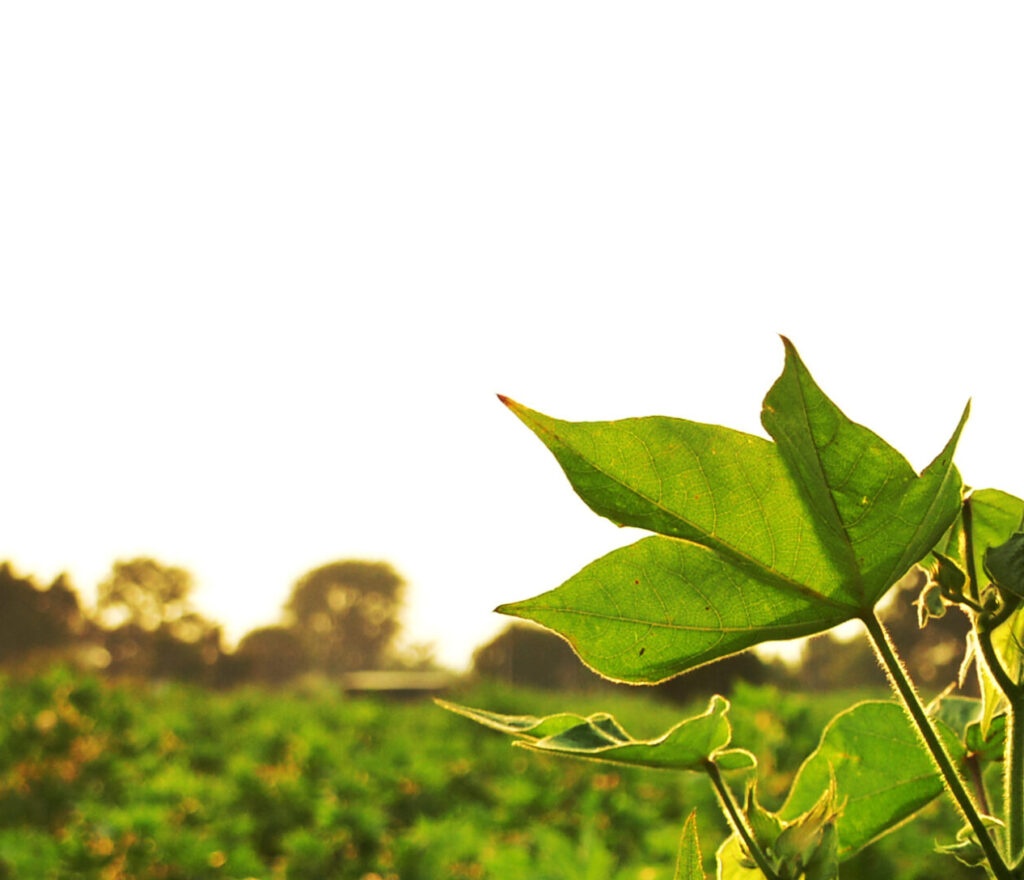 India
India 60-year-old farmer Tarsila lives in the Madhya Pradesh village of Mohancot. Tarsila’s story is not just about farming; it is about change, tenacity, and empowerment. With 10 acres of land under cultivation, including one acre dedicated to certified organic cotton, Tarsila has redefined her life’s path, transitioning from a nurse at a Public Health Centre in her village to a passionate advocate for organic farming.
As a healthcare professional, Tarsila couldn’t ignore the alarming rise in skin ailments and cancer cases among the tribal population in her region.
A keen observer, she pinpointed the root cause: the indiscriminate use of chemical inputs in farming practices. In 2010, when the OCA Implementing Partner reached her village, offering an alternative in the form of organic farming, Tarsila seized the opportunity and embraced this sustainable approach. Her journey towards organic farming had begun.
Today, Tarsila’s family of four relies primarily on agriculture for their livelihood, with cotton cultivation contributing significantly, thanks to favorable market prices. With prudent financial management, she has kept her cotton cultivation debt-free, occasionally leveraging the Kisan Credit Card (KCC) scheme for agricultural purposes. Essential support, such as seeds, home-based bio-input production training, and cotton procurement, has been provided by the OCA Implementing Partner.
Tarslia is satisfied with the remuneration of 95 INR (approximately 1 Euro) per kg for her organic cotton. Timely payments from the OCA Implementing Partner have allowed her to shelve the need for loans for other crops she intends to cultivate, illustrating the financial stability organic farming has brought into her life.
Tarsila’s appreciation extends to the valuable training provided by the OCA Implementing Partner. She eagerly attends these sessions alongside her husband, gaining practical insights that have enabled her to convert her entire land— all 10 acres—into an organic haven. Her newfound knowledge includes organic cultivation practices and the art of crafting bio inputs, from Matka khad to farmyard manure.
Intercropping, border cropping, and crop rotation have become part of Tarsila’s farming repertoire, leading to not just increased yield but also diversifying the family’s diet. Her homegrown produce, including black gram, turmeric, and Ambadi, a green leafy vegetable, now graces their table.
Tarsila reflects, “Cotton cultivation with the OCA Implementing Partner stabilised our overall farming because we get seed and other inputs at a low cost. It’s also confirmed that we’ll get a fair rate for it. Organic cotton cultivation has made us self-reliant and deepened our connection with farming.”
Beyond financial gains, the implementing partner has played a pivotal role in addressing water scarcity issues, common in her region. Last year, they assisted Tarsila in installing drip irrigation on her farm, offering subsidies to ease the financial burden. Eagerly, she anticipates a future where a farm pond and an advanced drip irrigation system will transform her agricultural landscape.
As a former nurse, Tarsila passionately embraces the health benefits of organic farming. Her family, “very health conscious,” now exclusively consumes organic food, witnessing improved well-being without the use of chemical fertilisers and pesticides. She attests, “The most significant change is that now we are doing organic cultivation. The new ideas, processes, and technologies we have learned are constructive. Our cost of cultivation is going down, and health is going up.”
In a region where women traditionally have limited roles in financial and agricultural decisions, Tarsila stands as a beacon of empowerment. Her influence extends to the next generation, with both her daughters pursuing careers in medicine.
Tarsila currently faces no significant challenges in her organic farming journey and has secured regular buyers for her other organic crops. Initially met with skepticism from fellow farmers, she has evolved into a model for how organic farming can transform lives. Her tireless advocacy has led neighboring farmers, even those in distant villages, to recognize her name and her impactful work.
Tarsila’s journey serves as a testament to the effectiveness of organic farming in regenerating the environment and empowering people and communities.
